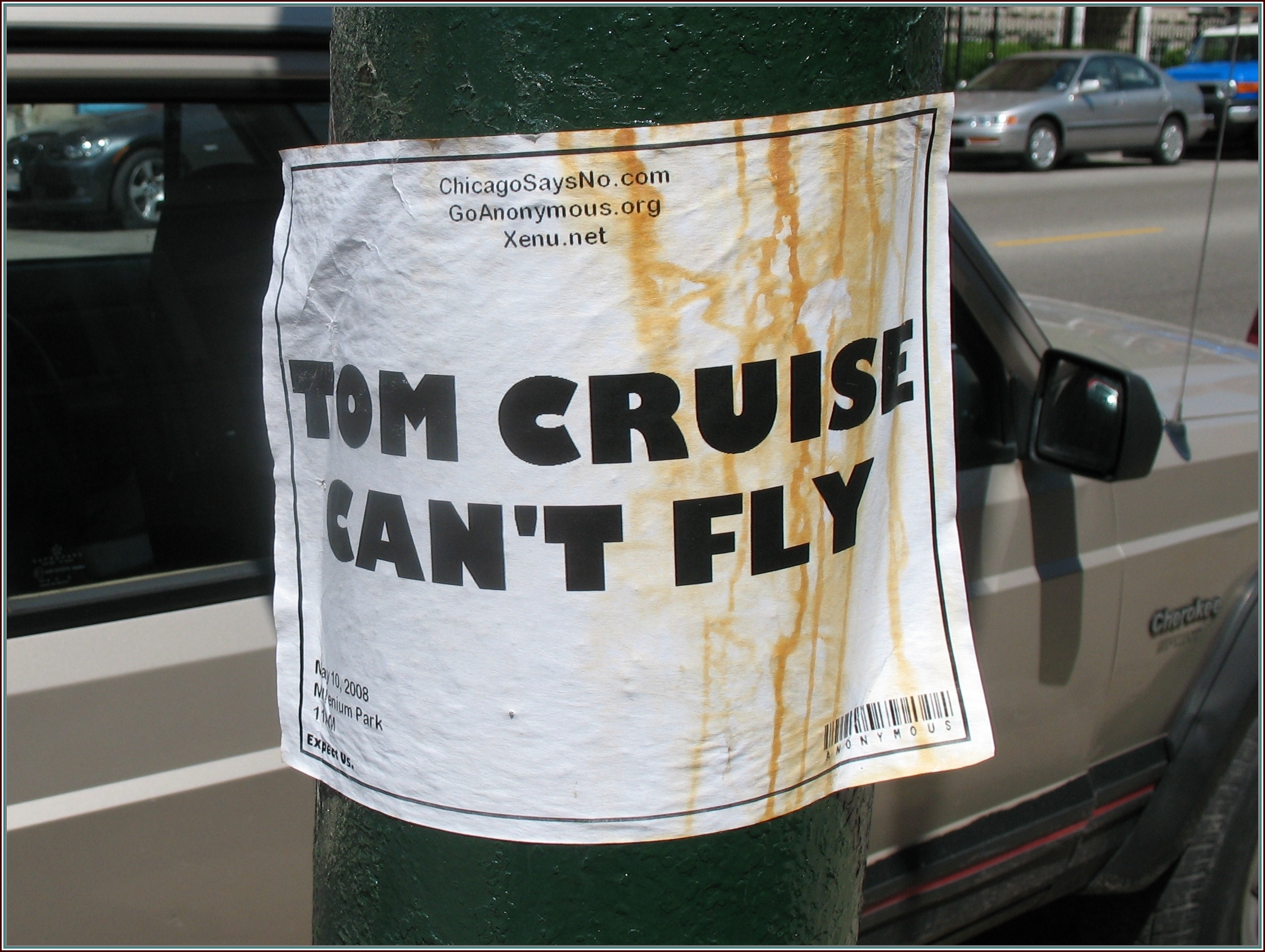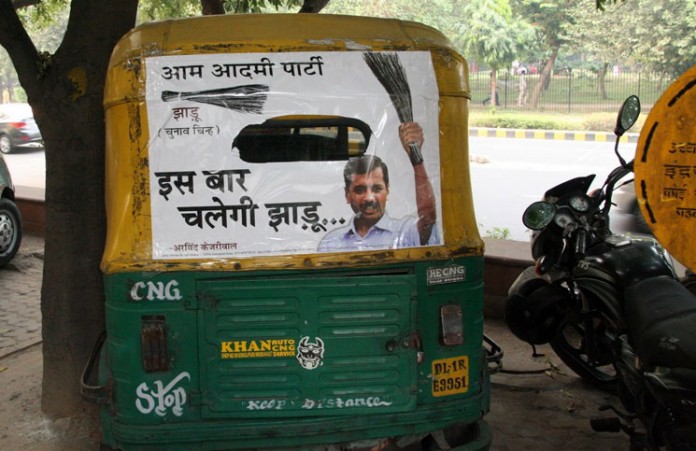There is a lot of interest about defamation law in India right now as Supreme Court asked Times Now to pay INR 100 crore damages for defamation and Arvind Kejriwal is in judicial custody following refusal to seek bail. Utkarsh Agarwal from NUJS explains what is defamation and various legal aspects related to defamation law. Over to Utkarsh.
Defamation refers to the act of publication of defamatory content that lowers the reputation of an individual or an entity when observed through the perspective of an ordinary man. If defamation occurs in spoken words or gestures (or other such transitory form) then it is termed as slander and the same if in written or printed form is libel. Defamation in India is both a civil and a criminal offence. In Civil Law, defamation falls under the Law of Torts, which imposes punishment in the form of damages awarded to the claimant (person filing the claim). Under Criminal Law, Defamation is bailable, non-congnizable and compoundable offence. Therefore, the police cannot start investigation of defamation without a warrant from a magistrate (an FIR cannot be filed). The accused also has a right to seek bail. Further, the charges can be dropped if the victim and the accused enter into a compromise to that effect (even without the permission of the court). Defamation as a criminal offence is listed under section 499 of the Indian Penal Code. The punishment, mentioned under section 500, can extend upto simple imprisonment for a term of two years, or with fine, or both.

Defamation as an Offence
There are certain basic requirements for a successful defamation suit: First, the presence of defamatory content is required. Defamatory content is defined as one calculated to injure the reputation of another by exposing him to hatred, contempt or ridicule. However, the test for such content is the ordinary man test where meaning of the content is considered to be what a common, ordinary man will comprehend it to be. Second, the claimant should be identified in the defamatory statement. The content must be clearly addressing a particular person or a very small group for it to be defamation. General statements like “All lawyers are thieves or all politicians are corrupt” are too broad a classification and hence no particular lawyer or politician can consider it to be personally attributed to them. Therefore, such statements are not defamation. Third, there must be a publication of the defamatory statement in either oral or written form. Unless the content is published – made available to someone other than the claimant, there can no defamation. Under a civil suit, once all these conditions are satisfied, a defamation suit subsists, and the defendant has to plead a privilege or take up a defense. If the defendant fails to do so satisfactorily, the defamation suit is successful. Under a criminal suit, intention to defame is an important element. In the absence of intention, the knowledge that the publication was likely to defame or is defamatory becomes essential. All this is further subject to the normal standard of proof in criminal cases: beyond reasonable doubt.

Some Common Defenses to Defamation
Truth
As a general rule, it is not defamation to impute anything, which is true, concerning any person. In India, truth is an absolute defense in Civil Cases however; in Criminal cases, the true statement must also be an imputation for public good. Therefore, irrespective of the intentional of an individual, no defamation suit can be brought against someone if he imputes something true (and for public good under section 499, IPC).
Privilege
Individual may be protected from claims of defamation under tort or even criminal defamation by a privilege conferred on them by law. Absolute privilege irrespective of intention to defame is conferred upon Government officials, Judges and other such public officials in discharge of their public functions by the law. Journalists are however given Qualified privilege, valid only if made without the intention to defame. Exception 10 under section 499 IPC further expands on this and allows exception for good faith imputation to caution other or the public.
Fair Comment
In case of defamatory opinions, the exception of fair comment is allowed. The publication has to be clearly expressed as an opinion and should not mixed up with facts. Also, the opinion should be one that a fair-minded person is capable of holding such opinion even if the reasoning is illogical. These are the broad categories of defence under Defamation. There is a lot of other categories which are generally offshoots of these broader ones.
 Serato DJ Crack 2025Serato DJ PRO Crack
Serato DJ Crack 2025Serato DJ PRO Crack








 Allow notifications
Allow notifications



Hi,
My mother and sister we’re beaten by my uncle in 2013.he even dragged mother’s sari.for last 7yrs he used intentionally touch us inappropriately, annoyingly stare at us, made verbal abuse.so we made complaint in police station resulting in case u/s 354B & 323. No it is in court..we don’t have enough evidence to prove him guilty.as per lawyer we might lose the case. What can we do? We are also being threatened of defamation. It the magistrate rules out the case can he file a defamation suit against us?
I’m not a lawyer, but if you have any proof that the charges are true: witnesses beyond the accused, pictures, medical bills, etcetera, he cannot win a defamation suit. The truth is always permitted to be aired publicly.
I made an appeal with consumer forum against my dispute with M/s XYZ company. I have neither shared any documents nor made any comments in public forum related to that company or to that case. Will by any chance , can the company frame a defamation case against me?
Appeal in HC and then if needed SC as Subordinate Judiciary dont have heart to give Justice for such malafide cases
Hi
My name is AMRISH
I received civil land defamation notice
Within how much time I am suppose to file reply
Kindly please guide
Thanks
Truth cannot be considered as an absolute defense to the crime of defamation. This is because the penalizing provision, Sec. 499 of IPC, sets out truth as a defense only in a particular context. As part of the first exception to Sec. 499, truth is a defense only when it is in the interest of public good that such truth be expressed publicly. Whether an expression of truth is in the interest of public good will have to be argued on a case to case basis, as it is a question of fact.
Truth is an absolute defense with respect to civil defamation cases.
[…] A Simple Guide to Understanding Civil and Criminal Defamation […]
Please advise what the process is for filing civil defamation suit. There is a value that has to be deposited in court. How is this recovered, and who gets it once case is finished??
respected sir
i am a business man and doing business of wholesale and retail of companies product i purchased material from directely from company and his authosised dealer in dec2015 sold some products to the amother shopkeeper on my own firm bill in jan 16 company raid on his shop and retain some material duplicate from his shop and that shopkeeper used my bill and told the material is mine but i have also bill of company authorised dealer and that shopkeeper openly said in market and in our assosiation and one of the comapny employee also told in the market to avoid my firm to purchase material from me my business is overnightly stuck up and almost failed please guide me the company didn’t want to help me
please guide me .
My daughter in law filed 498A IPC against my whole family in 1999. We have been acquitted in 2011. I as father in law filed criminal defamation complaint in the Court of CJM under Sec 211, 499, 500, & 34 IPC against daughter in law and her parents and brother. CJM took cognizance and marked the file to JM for enquiry and trial. My statement on oath was done. Then I submitted that I have no other witness and the case will be proved by documentary evidence. JM rejected the complaint stating the 498A does not appear to have been filed with malice. Revision was filed. Revision was admitted and as per direction State was added as Party. ADJ issued summons to the the accused. Accused appeared through lawyer. After bearing the ADJ also rejected the revision. Kindly advise further course of action and also kindly intimate case law to support my case. Thanks and regards
gp mahanty ji I appreciate that u hv taken an initiative to curb misuse. u can approach high court & for more help u can contact men help line 08882498498
Can I seek advice on defamation I have been subjected to? Will write the case once I get confirmation from your end